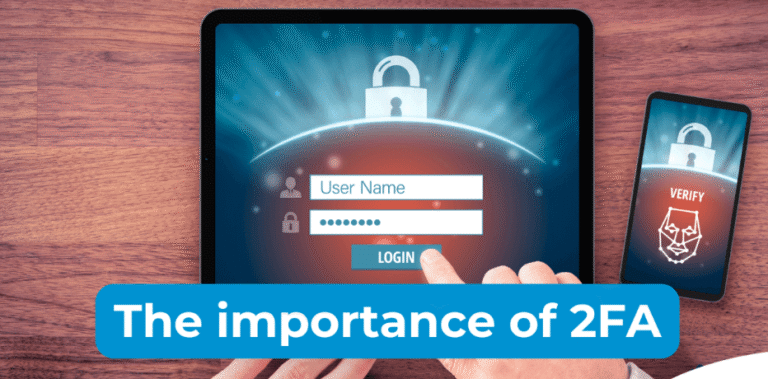In today’s hyperconnected world, everything we do online—from browsing websites to shopping, social networking, and even working remotely—leaves behind digital footprints. While the internet has made life easier, it has also made our personal data more vulnerable than ever before. Cybercriminals, advertisers, and even malicious insiders are constantly looking for ways to track, exploit, or misuse personal information.
Protecting your online privacy is no longer optional—it is essential. Here are some effective strategies to safeguard your digital life in 2025 and beyond.
1. Use Strong and Unique Passwords
Weak passwords remain one of the biggest risks to online privacy.
- Create complex passwords with a mix of letters, numbers, and symbols.
- Avoid using the same password across multiple accounts.
- Consider using a password manager to securely store and generate unique passwords.
Pro Tip: Enable two-factor authentication (2FA) wherever possible for an added layer of security.
2. Be Careful with Social Media Sharing
Social platforms are prime hunting grounds for hackers and identity thieves.
- Avoid oversharing personal information like your address, phone number, or vacation plans.
- Adjust privacy settings to control who can see your posts.
- Be cautious of friend requests from strangers or fake accounts.
Remember: Once something is posted online, it can be difficult to remove completely.
3. Use a Virtual Private Network (VPN)
A VPN encrypts your internet connection, protecting your data from hackers, especially when using public Wi-Fi.
- VPNs hide your IP address, making it harder for advertisers and cybercriminals to track your activity.
- Choose a reliable VPN provider with a no-logs policy.
4. Keep Your Software Updated
Outdated apps, browsers, and operating systems are common entry points for hackers.
- Regularly update your devices to patch security vulnerabilities.
- Enable automatic updates where possible.
Tip: Don’t ignore security notifications—they exist to protect you.
5. Watch Out for Phishing Scams
Phishing attacks remain one of the most effective ways hackers steal personal data.
- Don’t click on suspicious links or attachments in emails or messages.
- Verify sender details before sharing sensitive information.
- Look for HTTPS and padlock icons before entering payment details online.
6. Limit Data Collection
Many apps and websites collect more data than necessary.
- Review app permissions and disable unnecessary access (like location or microphone).
- Use privacy-focused browsers and search engines that don’t track your activity.
- Opt out of personalized ads when possible.
7. Secure Your Devices
Your phone, laptop, or tablet holds sensitive personal data.
- Use strong passwords, fingerprint locks, or facial recognition.
- Enable remote wipe features in case your device is lost or stolen.
- Encrypt your files and backups.
8. Be Mindful of Cloud Storage
Cloud services are convenient but can be vulnerable if not secured properly.
- Choose providers with robust encryption.
- Don’t store highly sensitive personal documents without additional protection.
- Regularly review what you upload to the cloud.
9. Educate Yourself and Stay Informed
Cyber threats evolve rapidly. Staying informed is key to protection.
- Follow trusted cybersecurity blogs, podcasts, or news sources.
- Learn about the latest scams and digital risks.
- Encourage family members to adopt safe digital practices.
Conclusion
In a digital age where data is the new currency, protecting your online privacy requires vigilance, awareness, and smart tools. By following best practices such as using strong passwords, enabling two-factor authentication, avoiding oversharing, and securing devices, you can significantly reduce your risks.
Online privacy is not about avoiding technology—it’s about using it wisely. By taking proactive steps today, you can enjoy the benefits of the digital world while keeping your personal information safe and secure.




